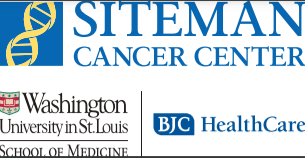- Advertise
- About OncLive
- Editorial Board
- MJH Life Sciences brands
- Contact Us
- Privacy
- Terms & Conditions
- Do Not Sell My Information
2 Clarke Drive
Suite 100
Cranbury, NJ 08512
© 2025 MJH Life Sciences™ and OncLive - Clinical Oncology News, Cancer Expert Insights. All rights reserved.
Dr. Kahl on Remaining Challenges in Indolent Non-Hodgkin Lymphoma
Brad S. Kahl, MD, discusses remaining challenges in the indolent non-Hodgkin lymphoma treatment landscape.
Brad S. Kahl, MD, a medical oncologist at Siteman Cancer Center and a professor of medicine in the Division of Oncology at Washington University School of Medicine in St. Louis, discusses remaining challenges in the indolent non-Hodgkin lymphoma (iNHL) treatment landscape.
Although ibrutinib (Imbruvica) and PI3K inhibitors induce a median progression-free survival of about 1 year in patients with iNHL, there is room for improved efficacy, says Kahl.
As such, future research efforts should focus on identifying additional therapies that elicit more durable responses, Kahl explains.
Notably, bispecific monoclonal antibodies that target CD3 on T cells and CD20 on B cells are currently being evaluated in iNHL. These molecules bring the T and B cells into proximity, allowing the T cells to kill the neoplastic B cells, Kahl concludes.
Related Content:





